Domenicali's vision: Navigating F1's evolving future
F1 CEO Stefano Domenicali discusses the sport's evolving future, from maintaining competitive balance amidst regulatory changes to exploring possibilities for lighter, more sonorous cars that capture the essence of F1.
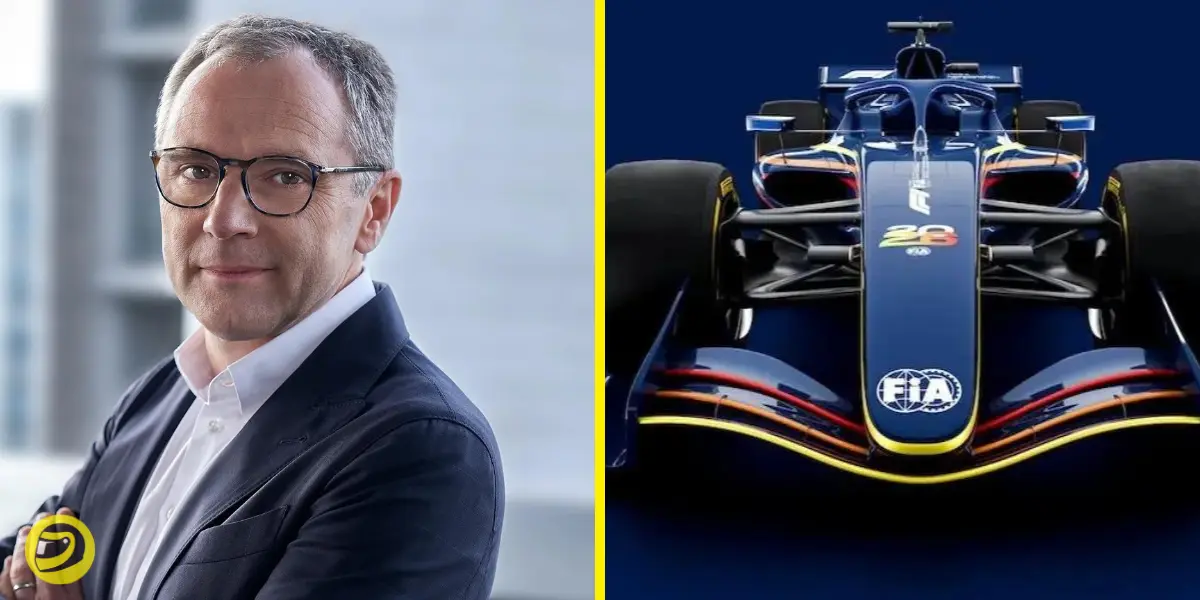
As the 2024 Formula 1 season has unfolded, one thing has become abundantly clear: the future of the sport is anything but certain.
Amidst the exciting on-track battles and the resurgence of competitive drama, a cloud looms on the horizon in the form of the impending 2026 regulation changes.
In a wide-ranging interview with Autosport, F1 CEO Stefano Domenicali shared his perspective on the challenges and opportunities facing the sport, offering a glimpse into the evolving landscape of grand prix racing.

Embracing the unpredictable
Domenicali's prescience at the start of the year has been vindicated, as the 2024 campaign has defied expectations with seven different race winners in the first half of the season – a feat not seen since the chaotic start to 2012.
"This will for sure continue until the end of 2025,"
Domenicali said, underscoring his confidence in the sport's ability to maintain the excitement and drama that has captivated audiences.
However, the spectre of the 2026 regulations looms large, with concerns that the sweeping changes could unravel the hard-earned progress and parity the sport has achieved.
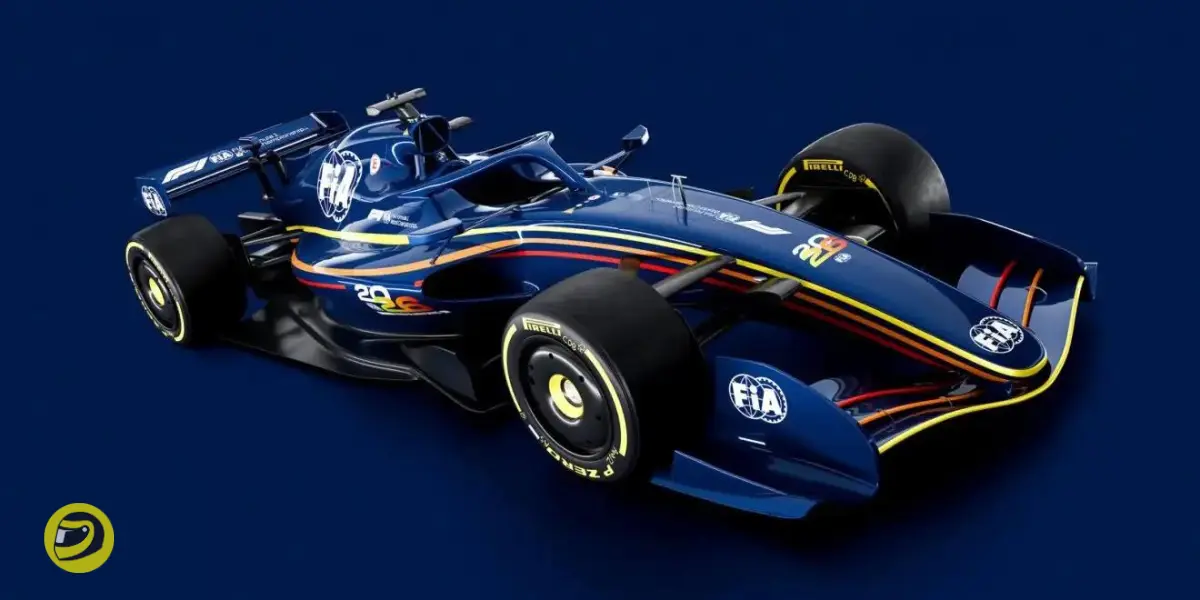
Balancing continuity and innovation
Domenicali acknowledges the valid concerns surrounding the potential impact of the 2026 rules, recognizing the delicate balance between maintaining momentum and embracing necessary evolution.
"There are always reasons why we are changing,"
he explained, highlighting the need to stay ahead of the curve and accommodate the demands of manufacturers, particularly in the realm of sustainable fuel technology.
Domenicali is adamant that the 2026 regulations, while a compromise solution, represent a crucial step in securing the long-term future of Formula 1 and its relevance to the broader automotive landscape.
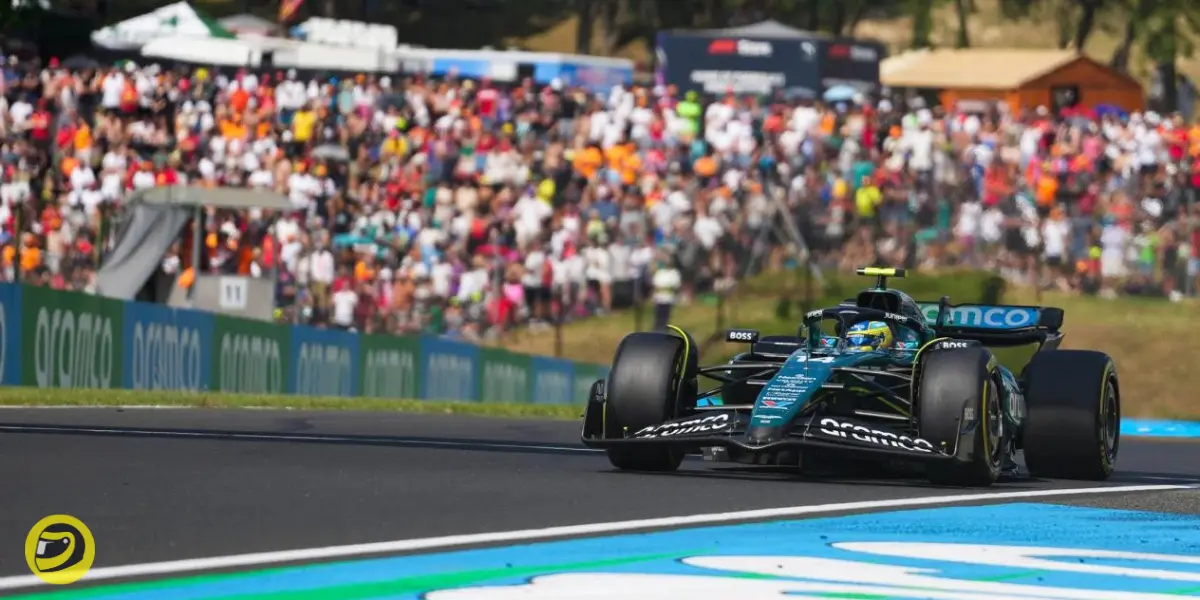
Slowing the pace of change
As F1 contemplates its next steps, Domenicali suggests that the sport may need to reconsider the frequency of major regulatory overhauls, potentially slowing the pace of change to maintain the competitive balance.
"Is really now the time to do in 2030 another step change?"
he questioned, emphasizing the need to monitor the development and integration of the new technologies before committing to further upheaval.
Lightening the load
One area Domenicali believes requires immediate attention is the weight of the cars, which have grown significantly over the years, compromising the sport's traditional agility and responsiveness.
"We are now in a situation where cars are big, cars are heavy, and maybe in the future, with this new development, we can really decide to go back to be lighter,"
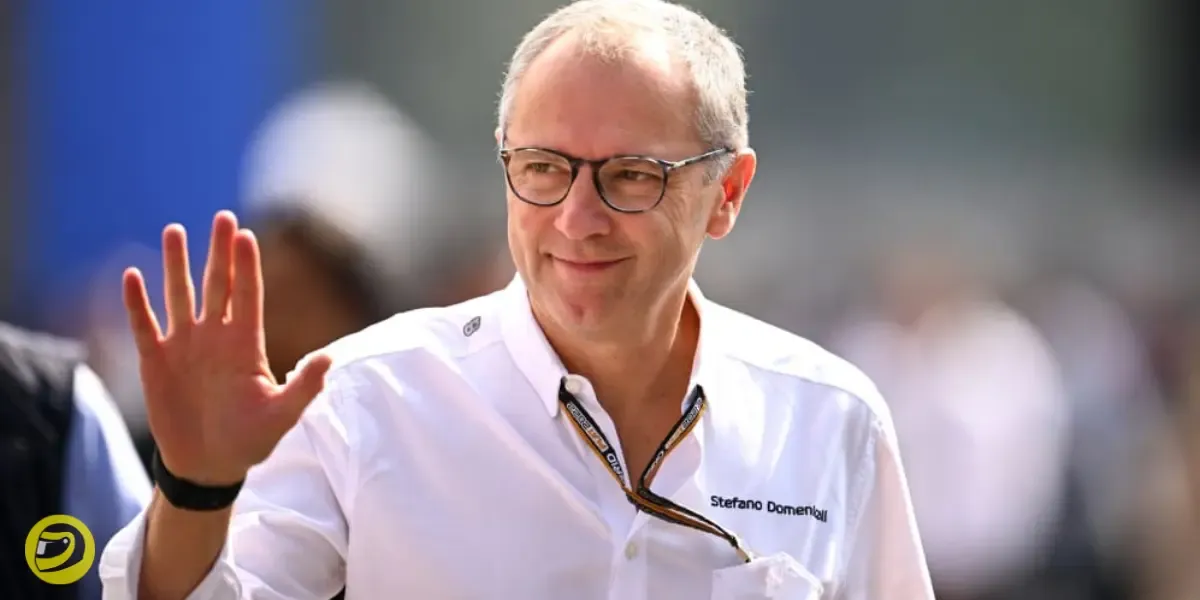
he acknowledged, hinting at the possibility of a return to more nimble and responsive Formula 1 machinery.
Powering the future
As for the future of the power unit, Domenicali is dismissive of hydrogen as a medium-term solution, but he is open to exploring a shift away from the current hybrid concept, potentially embracing a simpler, lighter, and more sonorous engine formula.
"We may think to go back to engines that are much lighter and maybe with a good sound,"
he suggested, acknowledging the need to balance sustainability with the traditional attributes that have defined Formula 1's identity.
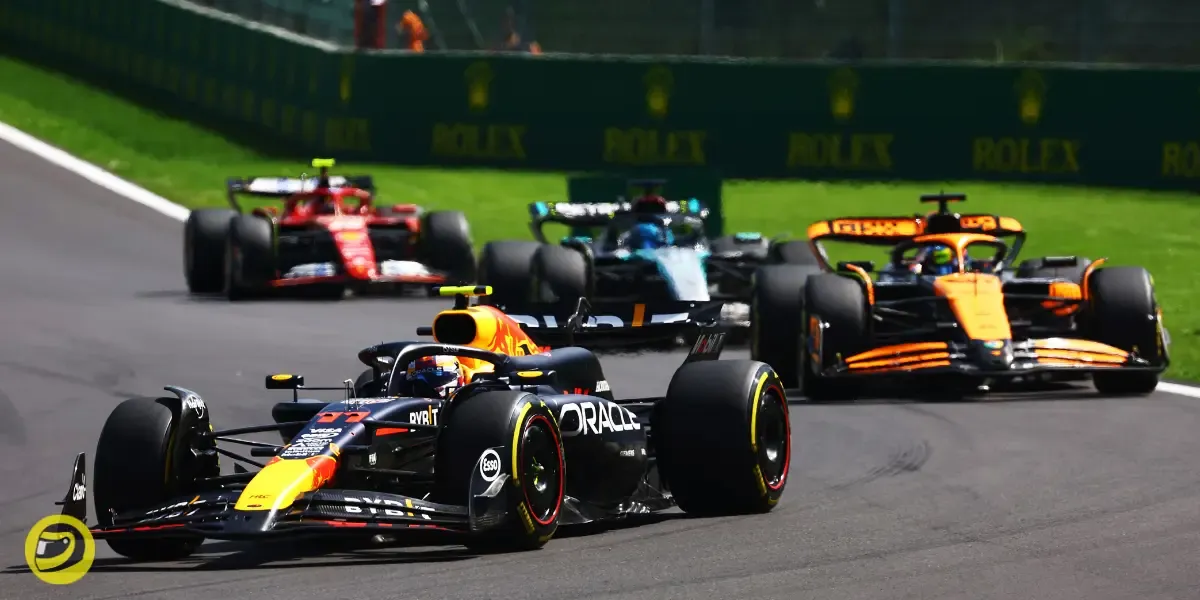
Navigating an evolving landscape
Stefano Domenicali's vision for Formula 1's future is one of cautious optimism, tempered by a recognition of the sport's rapidly changing landscape.
As the 2026 regulations approach, the F1 CEO must navigate a delicate path, balancing the demands of manufacturers, the expectations of fans, and the inherent unpredictability that has come to define the sport.


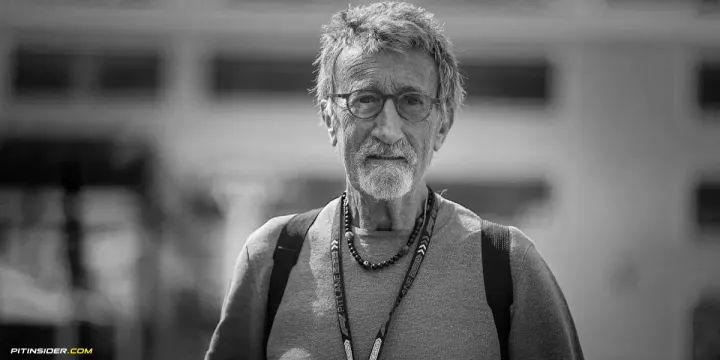
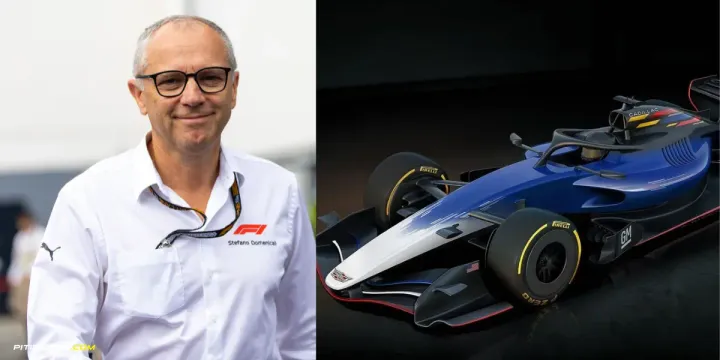
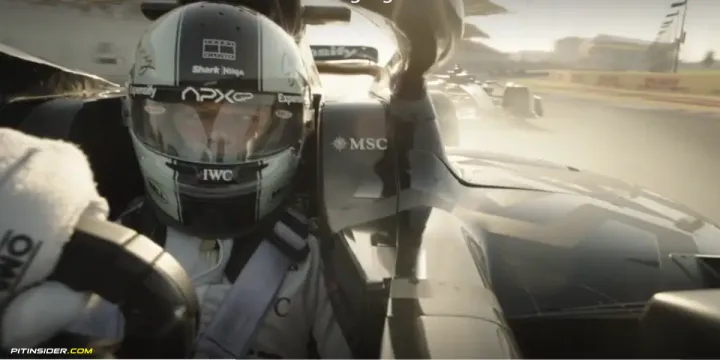
Comments ()